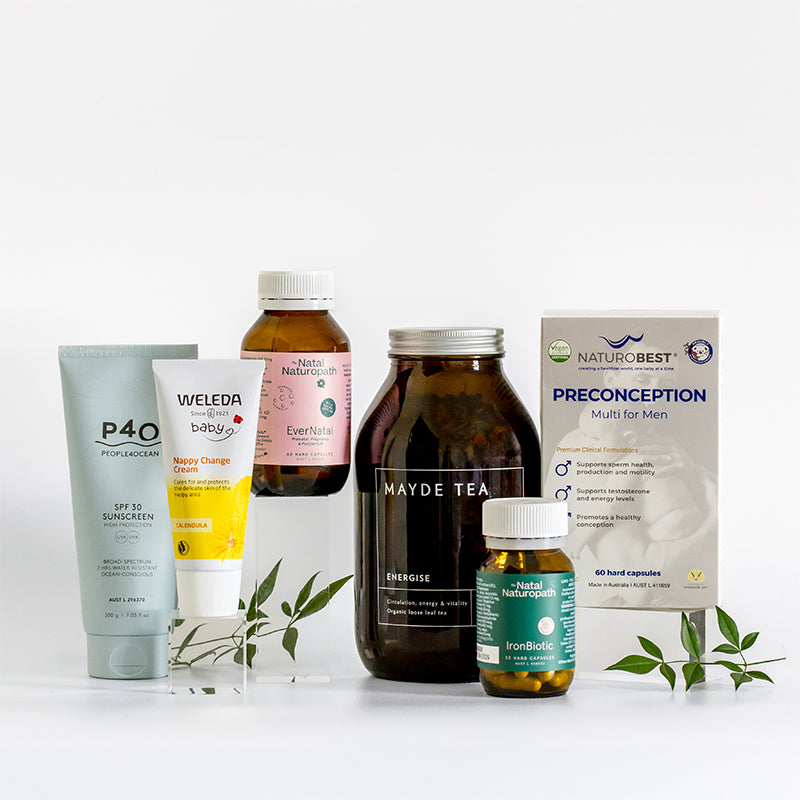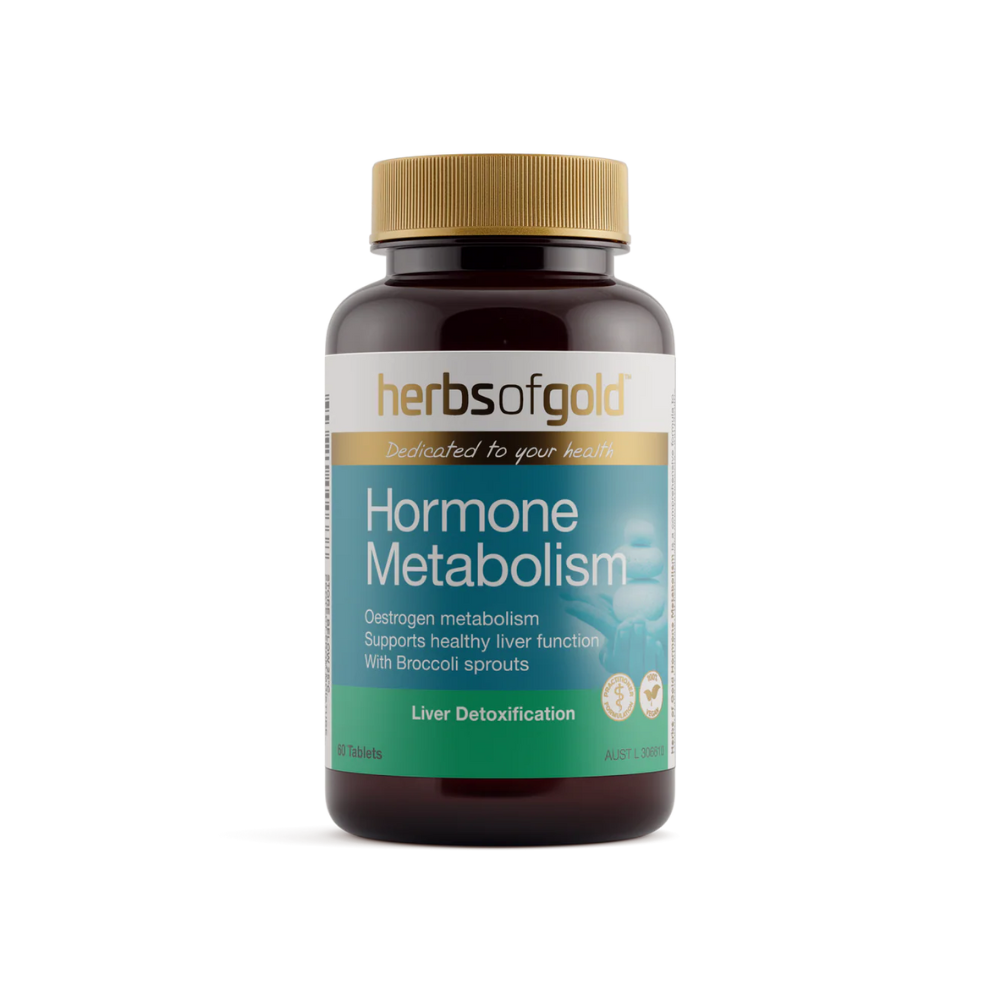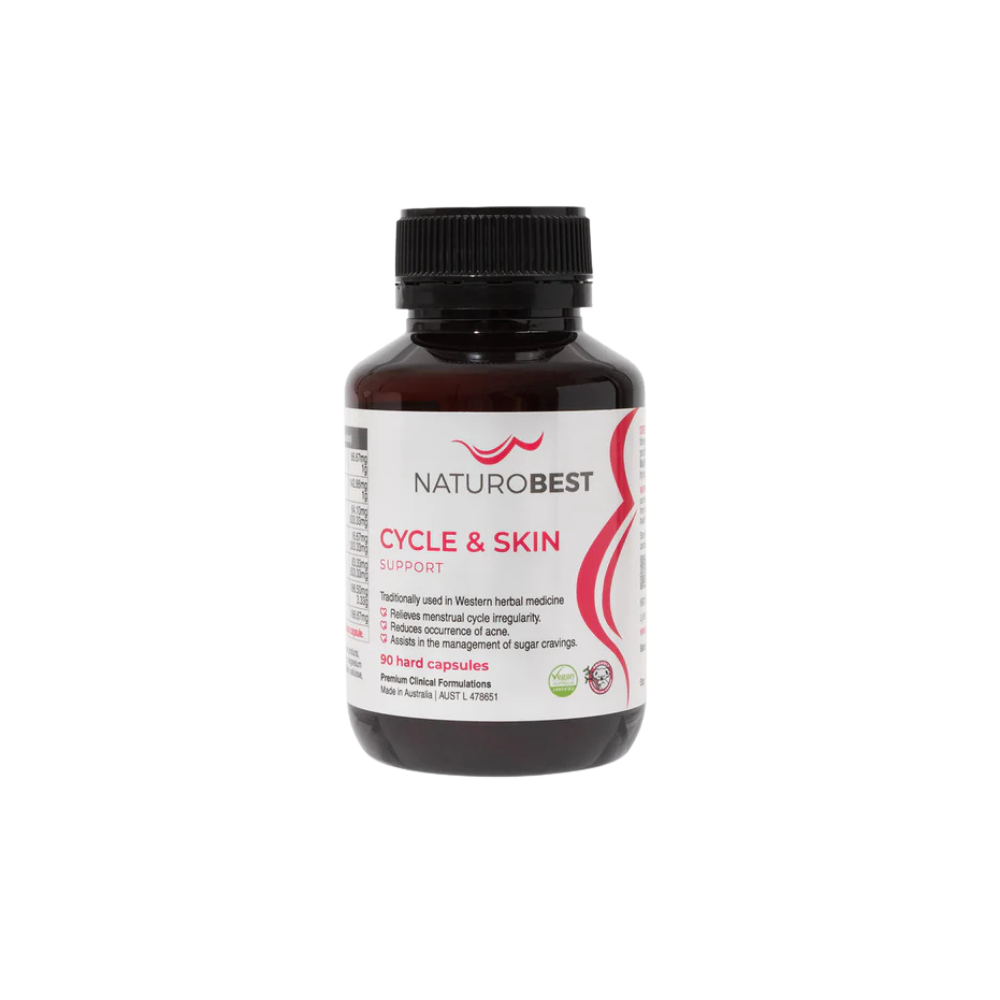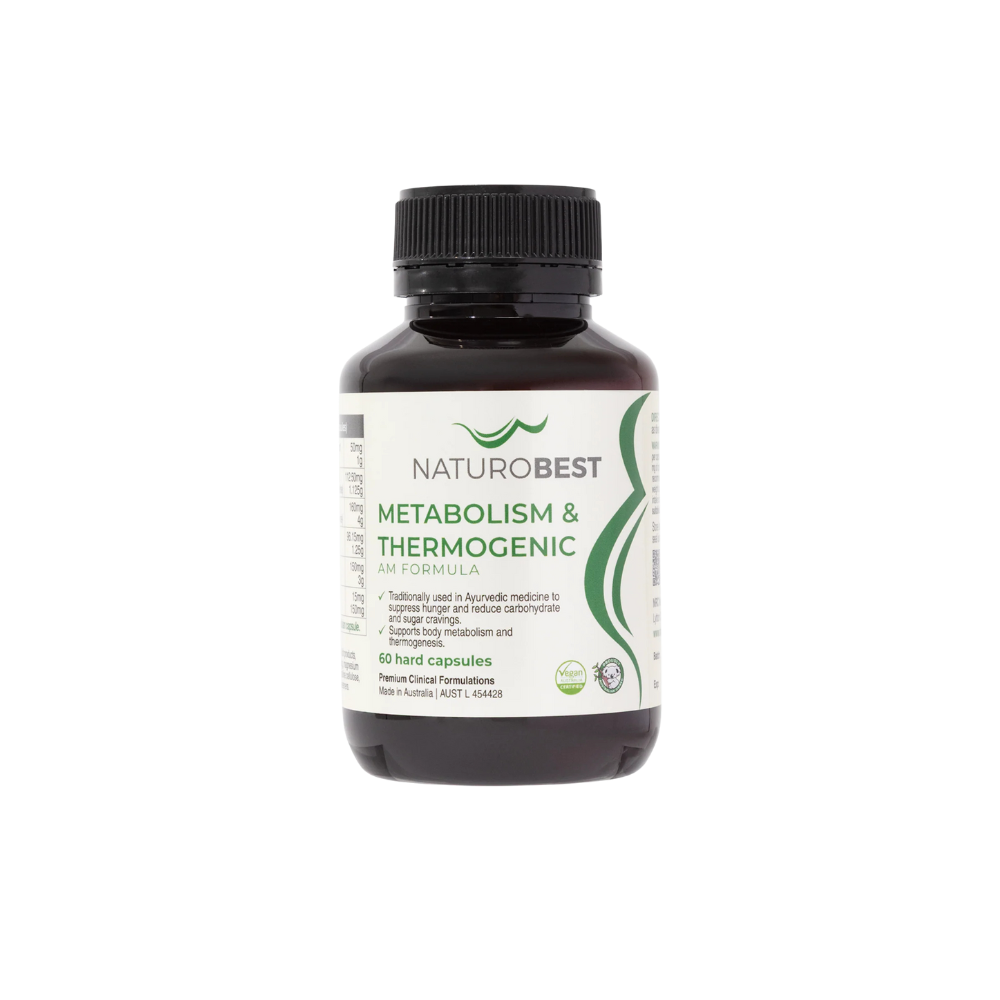Age 35-40? Keep reading!
Written by Naturopath, Danielle Critchell
These days there is a pretty good conversation and understanding around perimenopause. Women know what to expect, when to expect it, and the collective wisdom shared between women at this time is wonderful.
However, before perimenopause, there is a quieter hormonal chapter that no one is talking about…
This hormonal no-man’s-land is where so many women find themselves feeling confused, emotional, exhausted and wondering if there is something wrong with their health. This is also a time where women see their GPs, do the tests and are repeatedly told that everything is normal - There’s nothing wrong, therefore nothing is offered to help.
This article is for two key groups of women who often find themselves in this in-between space:
- Women who have had their children, who are putting less emphasis on their hormonal health, yet also assumed hormones would just “settle” after children.
- Women who haven’t conceived yet and are trying to conceive (or planning to try soon) and feel like something in their body has shifted.
Both groups experience the same hormonal terrain, just within different life contexts.
So, what’s actually happening between age 35 and 40?
This isn’t quite perimenopause…But it’s also not your 20’s or early 30’s anymore.
Here’s what’s happening biologically:
- Your ovarian reserve is decreasing at a much faster rate
- Progesterone production is declining
- Oestrogen becomes more variable (some months high, some months low)
- Your nervous system, adrenals and thyroid become more sensitive to hormonal fluctuations and stress
Progesterone is your calming hormone, providing clarity, supporting sleep and improving emotional resilience.
As progesterone declines, oestrogen’s effects can feel “louder” in your body. Not necessarily higher in blood tests, but definitely more noticeable. Some signs that oestrogen’s volume is playing a little louder include:
- Anxiety that appeared “out of nowhere”
- Moodiness that doesn’t feel like you
- PMS - with some bite!
- Waking in the early hours, around 2-3am, often with an anxious mind
- Periods that are lighter or heavier than what is normal for you
- Feeling tired, no matter how much you sleep.
I hear of these symptoms all the time in clinic. You are not being dramatic. You are not losing resilience….And yes, according to your bloods there may well be nothing “wrong”. This is a normal transition for this age group, however it’s been a long time since puberty, and you haven’t experienced hormonal changes like these for a while (outside pregnancy at least).
You may start to notice:
- Two wines hits you like six
- A few of weeks of missed exercise causes a noticeable loss of strength and fitness
- Your body takes longer to both respond to positive intervetions and recover from challenges.
You need to start listening to your body. You can no longer treat your body like you did in your 20’s. These symptoms is your body asking for more nourishment and less push. Naturopathically, we can beautifully serve the body here, and give it what it requires to function optimally. We can gently support progesterone production, oestrogen clearance, and bolster the adrenals, thyroid and nervous system using herbs, nutrients, and lifestyle changes that match where your body is right now… Creating balance at a time when it is really needed.
We need to talk about stress and your thyroid.
Women at this life stage are usually carrying a lot. Work life, home life, relationship dynamics, financial pressures, fertility concerns and, often, motherhood. Add to this any physiological stress such as postpartum depletion, autoimmune history or poor nutrition, and you have a recipe for thyroid dysfunction. Your thyroid impacts your energy levels, can cause symptoms of anxiety, can cause hair loss, digestive upsets and importantly, can have a profound impact on your female hormone balance. Where the thyroid is concerned, naturopathic support focuses on regulating cortisol patterns (restoring the parasympathetic nervous system), modulating any associated immune response and replenishing thyroid specific nutrients (iodine, selenium, zinc, etc) so your hormones can settle into a happy balance once again.
“Is it still postpartum if my kids are in school?”
This is one of my favourite questions I get asked. To a degree, I really do believe you are in a postpartum-like state until the point at which you reduce the stress in your life and replenish all your nutritional deficiencies (your thyroid will thank you for doing this!).
However in another way, it’s less about being postpartum, and more about your age (usually mid to late 30’s). You have entered a more hormonally sensitive chapter. Topped with the stress of motherhood (nutrient depletion, lack of sleep, intense busyness) it means you have entered this unsteady hormonal terrain a little less prepared. At this stage of life you are more reactive to stress, with less of a buffer between coping and not coping. Your nervous system needs more support to stay balanced, and your steroid hormones may start misbehaving with the slightest change of routine. Naturopathically, we focus on adrenal and nervous system nourishment, and if you are a few years deep into motherhood, we put a special emphasis on replenishing stores that motherhood has quietly been draining. Adrenal support (cortisol regulation) and great nutrition is key to creating hormonal balance at this time.
What if you are in your mid - late 30s, and preparing to concieve?
Fertility at 35–40 is absolutely still possible, but given you are entering a time of gradual hormone change, your body will need more nourishment and hormonal attention than it may have earlier in life. There are a few reasons for this:
- Eggs require more cellular energy (mitochondrial support) as we age
- Progesterone naturally starts to dip, impacting the luteal phase (we want this to be a consistent 14 days of progesterone release)
- Your tolerance to stress is lower, and cortisol can disrupt ovulation much easier
- Thyroid function becomes more influential in cycle regulation, and your thyroid is also easily influenced by stress
With all this in mind, when fertility is concerned we need to work on mitochondrial health, nutrition, sleep and stress reduction, as well as supporting that careful balance between your oestrogen and progesterone.
As you can see, this life stage requires a similar naturopathic approach, whether you are a woman in the preconception phase or a postpartum phase. If you are experiencing high levels of stress and anxiety, unusual menstrual cycle symptoms, changes to your energy, sleep, weight or mood and you are aged 35-40, please look at what is happening in your body at this time and how you can best support it. Your body isn’t breaking - it’s recalibrating - and naturopathic support at this time is key to feeling like your calm, capable and resilient self once again.
Feeling like you're stuck in this in-between phase?
If you're 35–40 and noticing changes in your cycle, energy, sleep, or mood, now is the time to tune in. Let's work together to understand what your body needs right now and support it in a way that feels doable and aligned.
Book your initial consult with Danielle or learn more about her 1:1 naturopathic care here.







